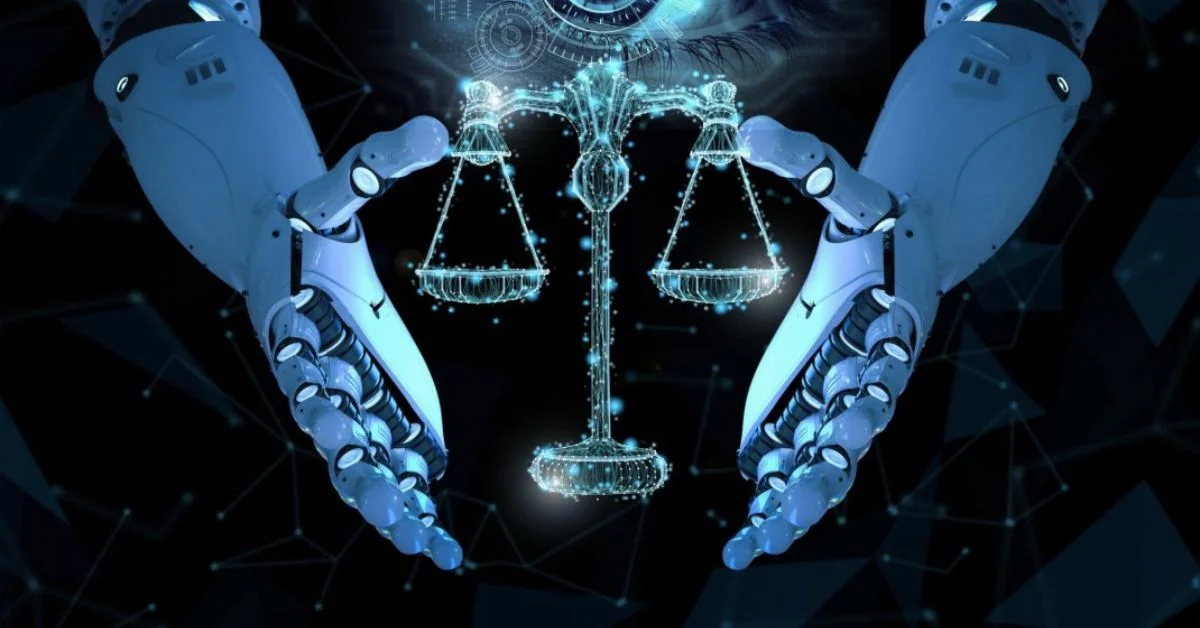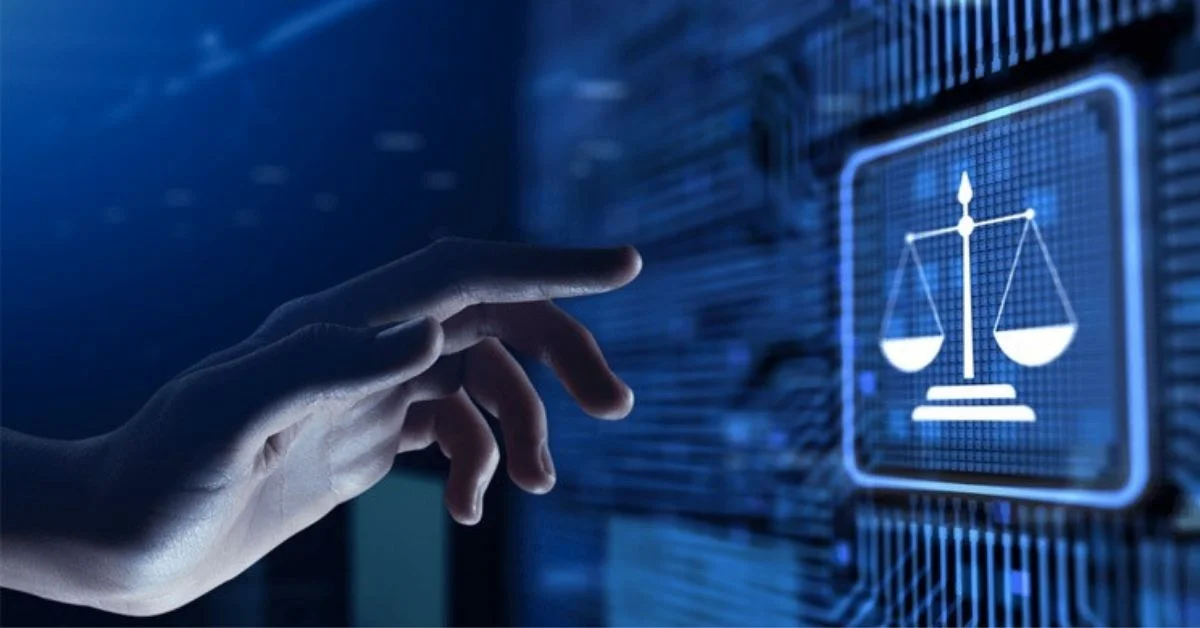In the rapidly evolving landscape of artificial intelligence (AI), the efficiency gains presented by AI systems are undeniable. From automating mundane tasks to optimizing complex decision-making processes, AI’s potential to revolutionize industries and improve productivity is vast.
However, as AI systems become increasingly integrated into our daily lives, critical questions emerge about their impact on legal rights and individual freedoms.
This exploration delves into the juxtaposition of AI efficiency against legal rights, highlighting the challenges, implications, and the path forward in striking a balance between technological advancement and the protection of fundamental rights.
The Efficiency Gains of AI
AI’s efficiency is transformative across various sectors. In healthcare, AI algorithms can analyze medical images with precision and speed, aiding in early diagnosis and treatment planning. In finance, AI-driven systems detect fraudulent activities in real-time, safeguarding assets and transactions.
The manufacturing sector benefits from AI through predictive maintenance, minimizing downtime and optimizing production. These examples barely scratch the surface of AI’s potential to enhance efficiency, reduce costs, and drive innovation.

The Challenge to Legal Rights
As AI systems grow more sophisticated, they raise profound questions regarding privacy, data protection, autonomy, and accountability. The collection and analysis of vast amounts of personal data by AI systems pose significant privacy concerns.
The decision-making processes of AI, particularly in areas like predictive policing or employment screening, can inadvertently perpetuate biases, leading to discrimination and infringing on individuals’ rights to equality and fair treatment.
Furthermore, the autonomy of AI systems, especially in critical applications like autonomous vehicles or healthcare diagnostics, raises questions about accountability and liability in cases of errors or accidents.
Navigating the Intersection
The intersection of AI efficiency and legal rights is fraught with complexities, necessitating a nuanced approach to navigate these challenges effectively.
Privacy and Data Protection:
As AI systems rely on data to learn and make decisions, ensuring the privacy and protection of this data is paramount. Implementing robust data protection measures, adhering to regulations like the General Data Protection Regulation (GDPR), and ensuring transparency in data collection and use are crucial steps in safeguarding privacy rights.

Bias and Discrimination:
Addressing bias in AI systems is essential to prevent discrimination and uphold equality. This involves diverse data sets in training AI, regular audits for bias, and transparent algorithms that can be scrutinized for fairness.
Accountability and Liability:
Establishing clear frameworks for accountability and liability in AI decision-making is critical. This includes defining the legal responsibilities of AI developers and users and developing mechanisms for recourse and redress when AI systems infringe on legal rights.
Ethical AI Development:
Beyond legal compliance, fostering an ethical approach to AI development is vital. This includes considering the societal impacts of AI applications, engaging with stakeholders, and adhering to ethical guidelines that prioritize human rights and welfare.
The Role of Regulation and Policy
Regulation and policy play a crucial role in balancing AI efficiency with legal rights. Governments and regulatory bodies worldwide are grappling with the challenge of regulating AI in a way that promotes innovation while protecting individual rights.
This involves a delicate balance of enacting laws and guidelines that are flexible enough to adapt to rapid technological advancements yet robust enough to address the ethical and legal implications of AI.
The Path Forward
The path forward in reconciling AI efficiency with legal rights involves a multi-stakeholder approach. Collaboration between policymakers, technologists, legal experts, and civil society is essential to develop comprehensive strategies that harness AI’s potential while ensuring the protection of legal rights. Continuous dialogue, research, and adaptation are necessary as we navigate the evolving landscape of AI technology and its societal implications.

Conclusion
The debate between AI efficiency and legal rights underscores a critical aspect of our technological future. As AI continues to reshape the fabric of society, ensuring that these systems enhance our lives without compromising our rights is paramount.
By addressing the challenges head-on, fostering ethical AI development, and implementing thoughtful regulation, we can navigate the complexities of this digital age. The goal is to create a future where AI serves humanity, enhancing efficiency and productivity while upholding the legal rights and freedoms that are the cornerstone of democratic societies.
